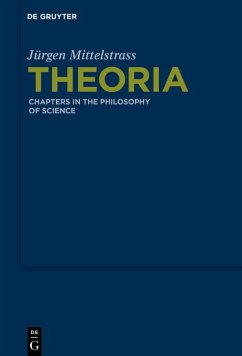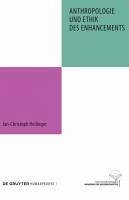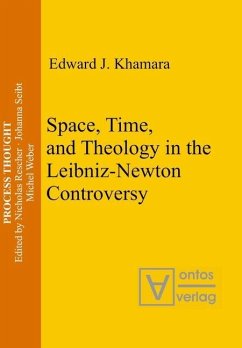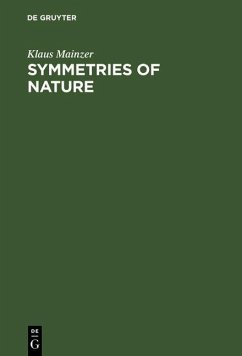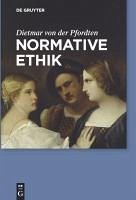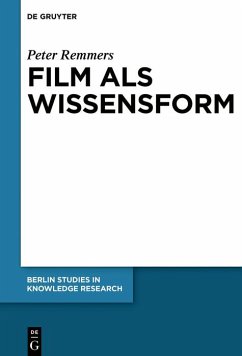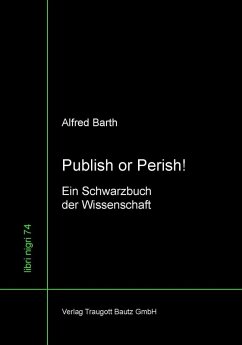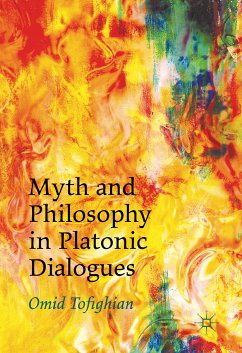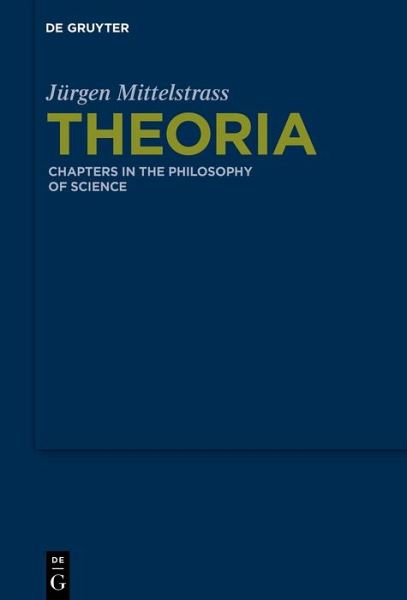
Theoria (eBook, PDF)
Chapters in the Philosophy of Science
Versandkostenfrei!
Sofort per Download lieferbar
94,95 €
inkl. MwSt.
Weitere Ausgaben:

PAYBACK Punkte
47 °P sammeln!
Science is knowledge gained and justified methodically. It is achieved by research and theory formation. But what is a methodical procedure and what are methodically established justifications? What kind of principles must be observed in order to obtain the degree of objectivity that is generally claimed by science? What is the relation between science in the research mode and science in presentation mode, i.e., in its theoretical form? Do the same principles hold here? And how are they justified? Is it even possible to speak of justification in a theoretical sense? Or do we have to be content...
Science is knowledge gained and justified methodically. It is achieved by research and theory formation. But what is a methodical procedure and what are methodically established justifications? What kind of principles must be observed in order to obtain the degree of objectivity that is generally claimed by science? What is the relation between science in the research mode and science in presentation mode, i.e., in its theoretical form? Do the same principles hold here? And how are they justified? Is it even possible to speak of justification in a theoretical sense? Or do we have to be content with less - with corroboration and confirmation? Is the distinction between the context of discovery and the context of justification the last word in methodical and theoretical matters? And how does this distinction relate to that between research and presentation - the constitution of (scientific) objects on the one hand and (theoretical) propositions about them on the other?
The analyses and constructions in this book take up these questions. They are explicitly intended as philosophical contributions, not only in the sense implied by the disciplinary use of the term philosophy of science, but also in the sense of a reflection on science that, alongside more technical aspects of methodologies and elements of theories, also has an eye for anthropological and cultural aspects.
The analyses and constructions in this book take up these questions. They are explicitly intended as philosophical contributions, not only in the sense implied by the disciplinary use of the term philosophy of science, but also in the sense of a reflection on science that, alongside more technical aspects of methodologies and elements of theories, also has an eye for anthropological and cultural aspects.
Dieser Download kann aus rechtlichen Gründen nur mit Rechnungsadresse in A, B, BG, CY, CZ, D, DK, EW, E, FIN, F, GR, HR, H, IRL, I, LT, L, LR, M, NL, PL, P, R, S, SLO, SK ausgeliefert werden.




